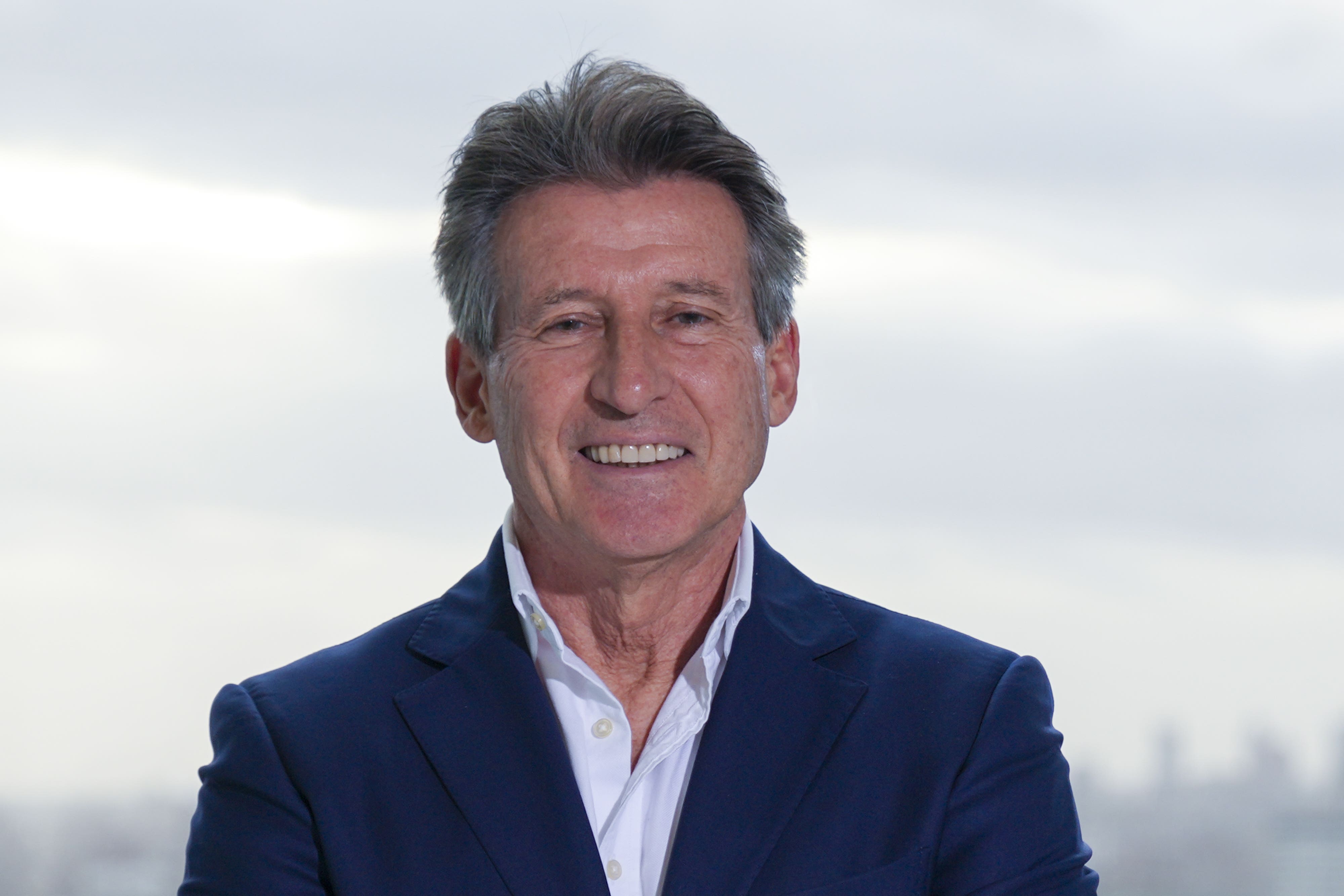Sebastian Coe set to continue IOC presidency bid with presentation to members
Coe’s pledges include the creation of a “clear-cut” policy to protect female sport.

Your support helps us to tell the story
From reproductive rights to climate change to Big Tech, The Independent is on the ground when the story is developing. Whether it's investigating the financials of Elon Musk's pro-Trump PAC or producing our latest documentary, 'The A Word', which shines a light on the American women fighting for reproductive rights, we know how important it is to parse out the facts from the messaging.
At such a critical moment in US history, we need reporters on the ground. Your donation allows us to keep sending journalists to speak to both sides of the story.
The Independent is trusted by Americans across the entire political spectrum. And unlike many other quality news outlets, we choose not to lock Americans out of our reporting and analysis with paywalls. We believe quality journalism should be available to everyone, paid for by those who can afford it.
Your support makes all the difference.Sebastian Coe will set out how he would reform the International Olympic Committee if elected as its new president when he makes a presentation to the organisation’s members on Thursday.
The 68-year-old believes this is a role he has been training for most of his life, and will outline his vision for the IOC’s future in a behind-closed-doors presentation in Lausanne.
Coe announced his intention to stand for election last September, after current president Thomas Bach confirmed at the end of last summer’s Olympic Games that he would not seek a further term.
Among Coe’s key pledges are an intention to create a “clear-cut” policy to protect female sport, after the IOC faced criticism over the controversy surrounding the Olympic women’s boxing tournament in Paris.
He also wants to make greater use of the talent within the IOC’s membership and give it a greater say in how the organisation is run, highlighting at a briefing last month that currently “there’s too much power in the hands of too few people”.
Coe introduced prize money for track and field gold medallists at the Paris Games as World Athletics president, and his manifesto promises greater commercial recognition for all Games participants.
He has also indicated a willingness to make other changes to help the Olympics stay relevant – even potentially moving some indoor sports from the summer Games to the winter.
IOC vice-president Juan Antonio Samaranch, whose father of the same name served as IOC president between 1980 and 2001, is considered the favourite of the seven candidates, while former Olympic swimmer Kirsty Coventry is thought to be Bach’s preferred candidate.
Zimbabwean Coventry would be the first woman, and first African, to hold the IOC presidency if elected.
Coe, though, describes this campaign as “the dance he couldn’t sit out” and has form for triumphing as an outsider in the past – with the London bid to host the 2012 Olympic Games, which he spearheaded, seeing off bigger favourites Madrid and Paris.
Also in the running is David Lappartient, the boss of cycling’s international federation the UCI, and international gymnastics federation president Morinari Watanabe.
Johan Eliasch, the president of the international ski federation, is also in contention, along with Prince Feisal Al Hussein of Jordan, who has been an IOC member since 2010.
The members are set to vote for the next president during the IOC Session in Greece on March 20.